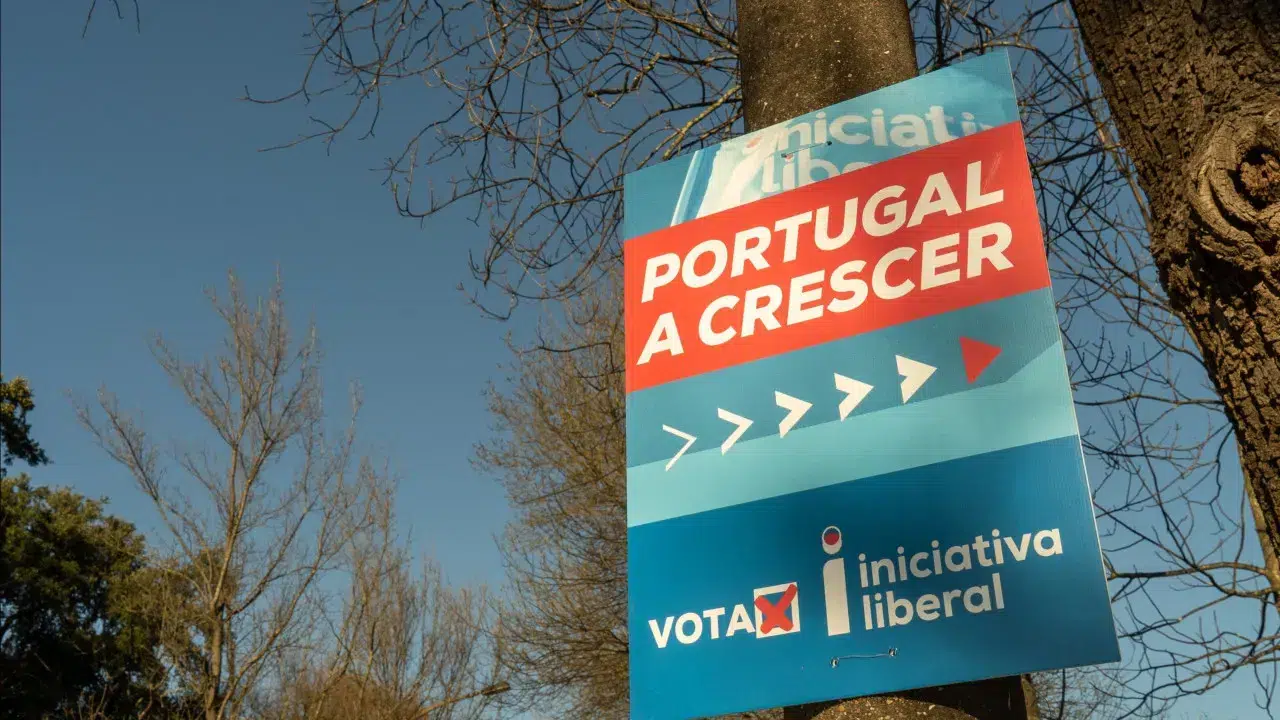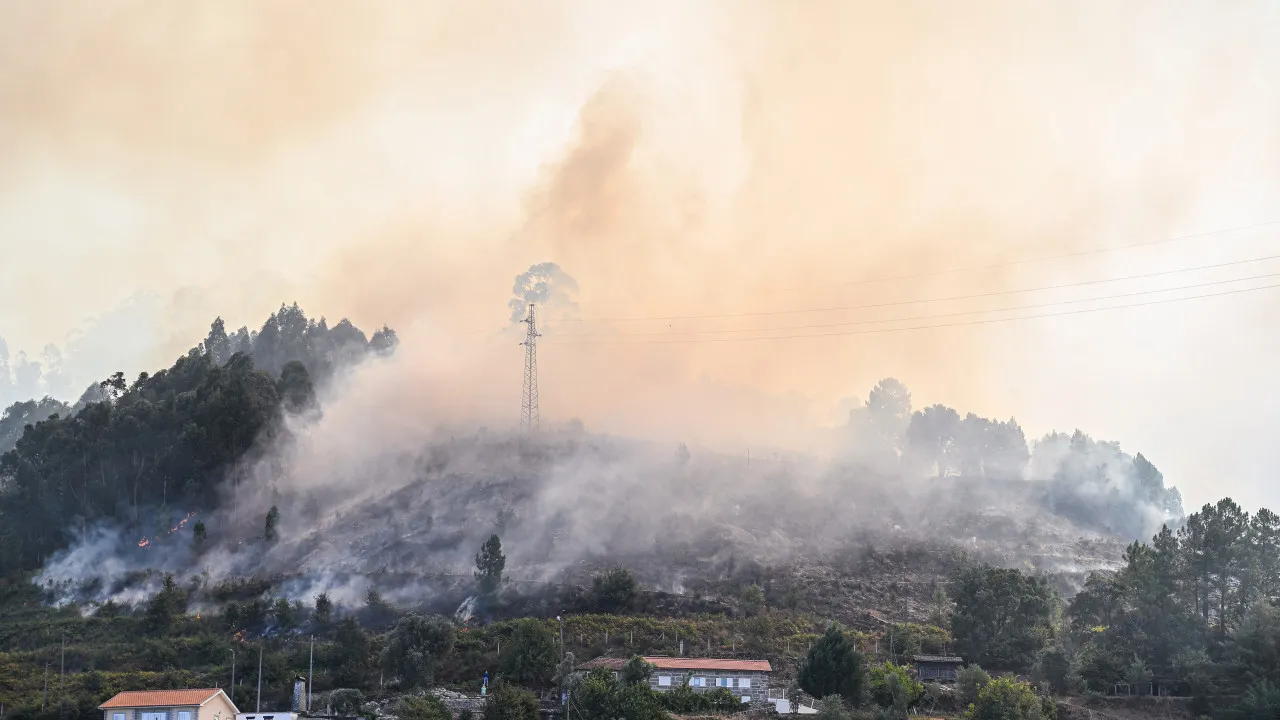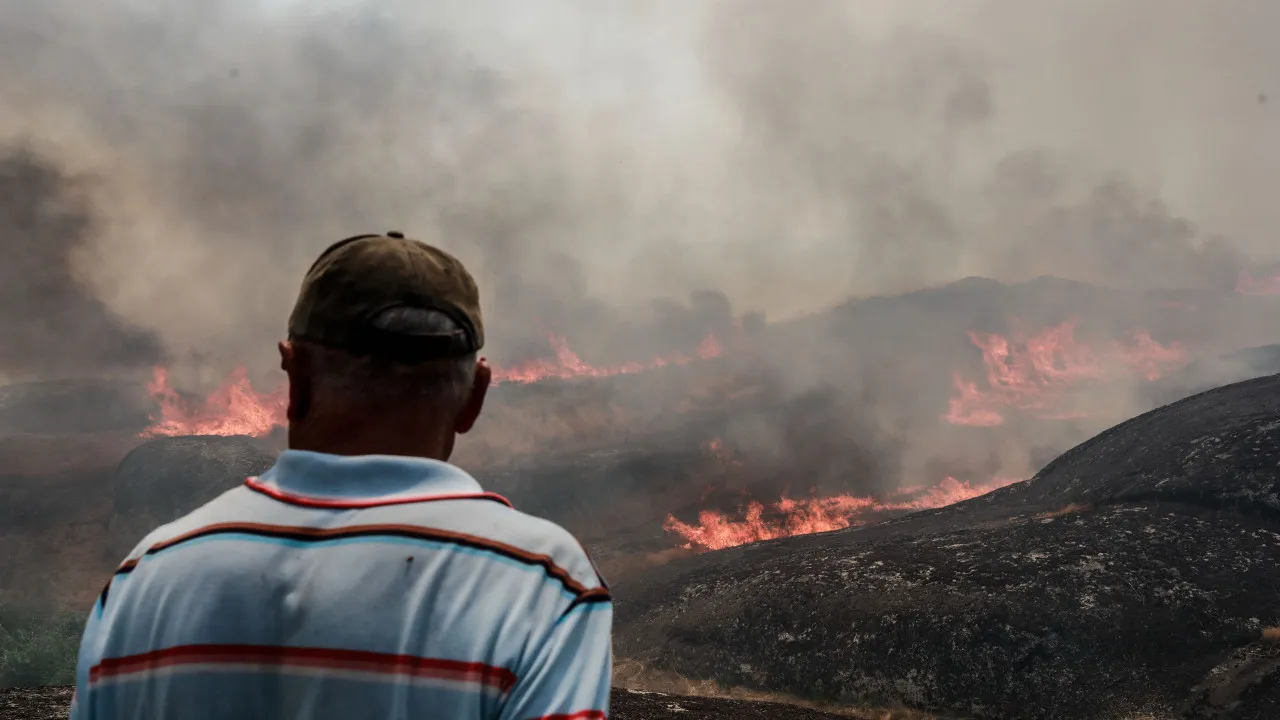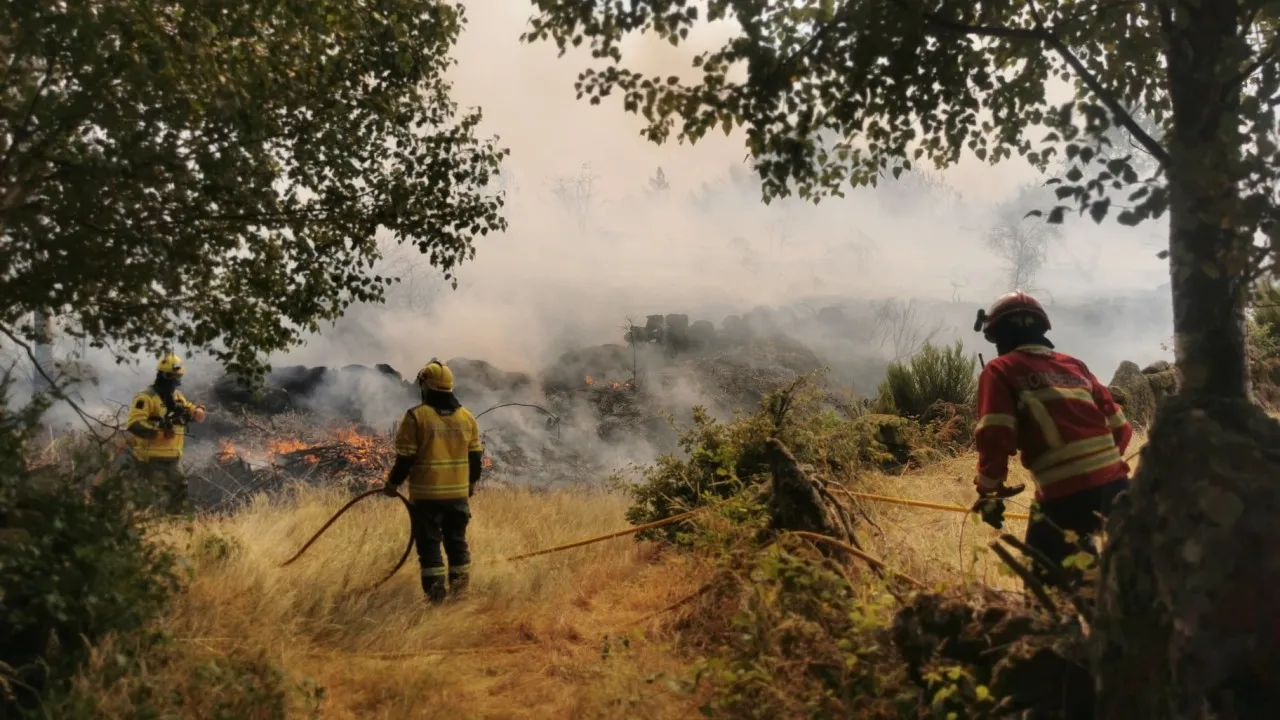
In the 2021 local elections, which marked its first participation, IL fielded candidates in 53 municipalities — 46 with its own lists and seven in coalitions — resulting in the election of a single councilor.
Four years on, the landscape has shifted: IL plans to run in approximately 100 municipalities, nearly double its participation in 2021, and will join coalitions in about “25% to 30%” of these cases, stated party’s local elections coordinator and deputy Miguel Rangel.
So far, IL has finalized 88 municipal executive candidacies: 59 on independent lists and 29 in coalitions, aligning with PSD and CDS in the country’s four largest municipalities: Lisbon, Sintra, Porto, and Vila Nova de Gaia.
The party further noted that liberal local government candidacies cover 72% of the national population, an increase from 52% in 2021.
This marks a strategic shift from four years ago when IL fielded independent candidates in all these municipalities except Porto, where it supported the independent movement led by Rui Moreira.
Miguel Rangel explained that this enhanced coalition strategy results from changing political circumstances and was decided “case by case” by IL’s local branches, emphasizing that there was “no national mandate” for partnerships with other parties.
Notably, former leader Rui Rocha will run for the Braga City Council — the only party deputy seeking election in local governments — as current mayor Ricardo Rio, a social democrat, cannot run due to the three-term limit.
IL’s goal in these elections, according to Rangel, is to achieve “significant growth in the number of councilors, primarily in municipal assemblies,” through both independent candidacies and ensuring the party’s presence in municipal executives.
The liberals consider it “very difficult” to capture a mayoralty, as indicated by IL’s new leader, Mariana Leitão, prior to her election at the party’s National Convention on July 19.
In her strategic motion, Mariana Leitão argued that IL should “more than increase the number of elected officials,” focus on “creating liberal governance laboratories” that serve as national examples of the party’s principles.
“These should exemplify how things can be done differently and better. Local governments that attract talent, businesses, and projects,” her motion stated.
Miguel Rangel expressed confidence that 2025 “will be a very important step for IL’s local growth,” which he believes “will positively influence local governance, local power execution, as well as IL’s goals and implementation.”
The local elections coordinator also highlighted the party’s campaign in twice as many municipalities, attributing this to the work of the local branches and approximately 90 elected councilors, demonstrating the party’s expanded local presence.




